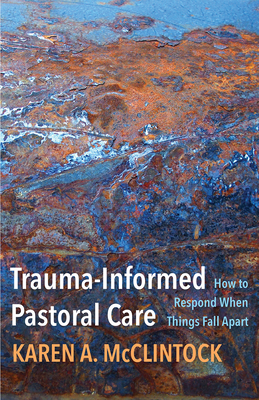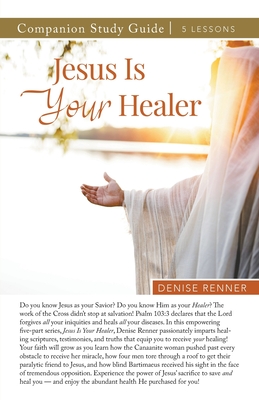
McClintock, Karen a.
Weaving together the latest insights about trauma-informed care from the rapidly shifting disciplines of neuropsychology, counseling, and theology, she explains the body's instinctual stress patterns during and after trauma, guides readers through self-reflection and self-regulation in order to care for others and lower the risk of obtaining secondary trauma, and suggests culturally sensitive models for healing from overwhelming experiences.
McClintock particularly attends to the fact that across a lifetime in ministry, clergy accumulate and need to regularly heal multiple traumatic wounds. As a pastor and psychologist, she is perfectly positioned to help clergy recognize symptoms of trauma and commit to healing individual, community, and generational trauma with care and cultural sensitivity.







